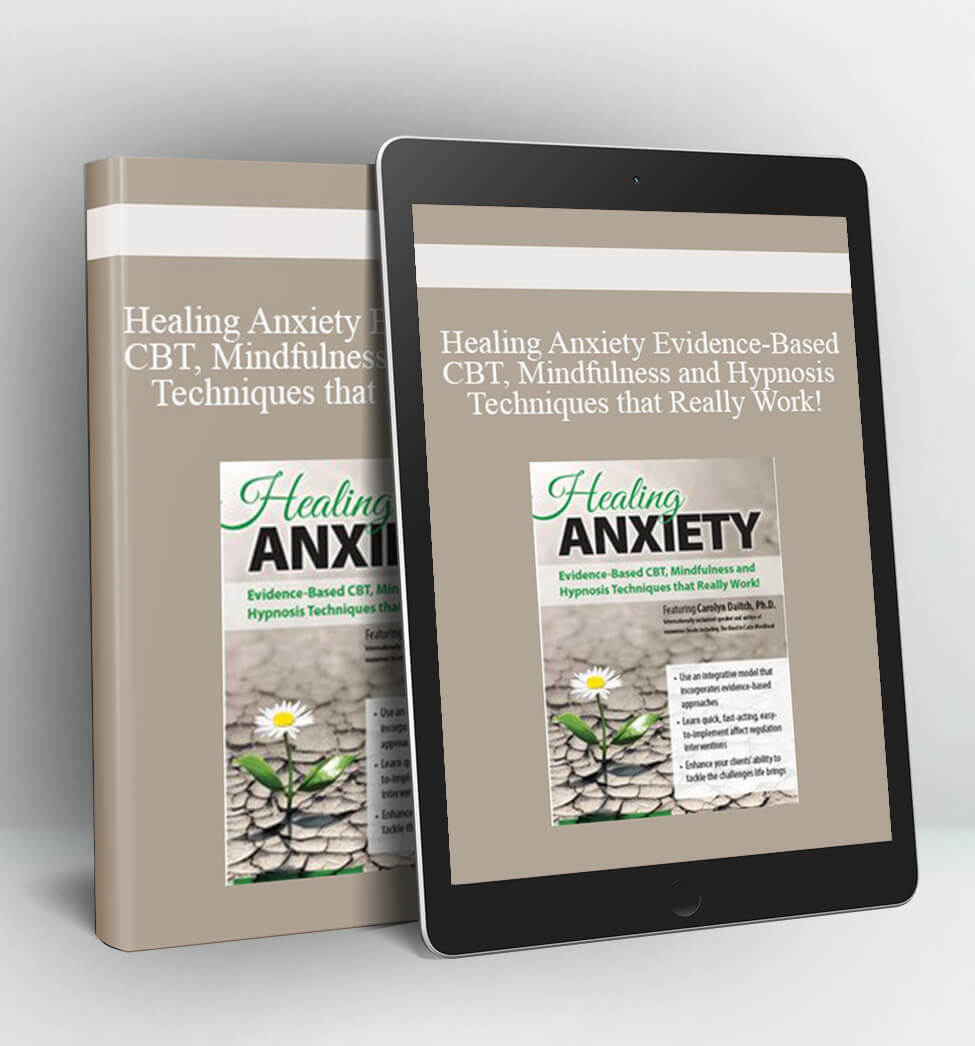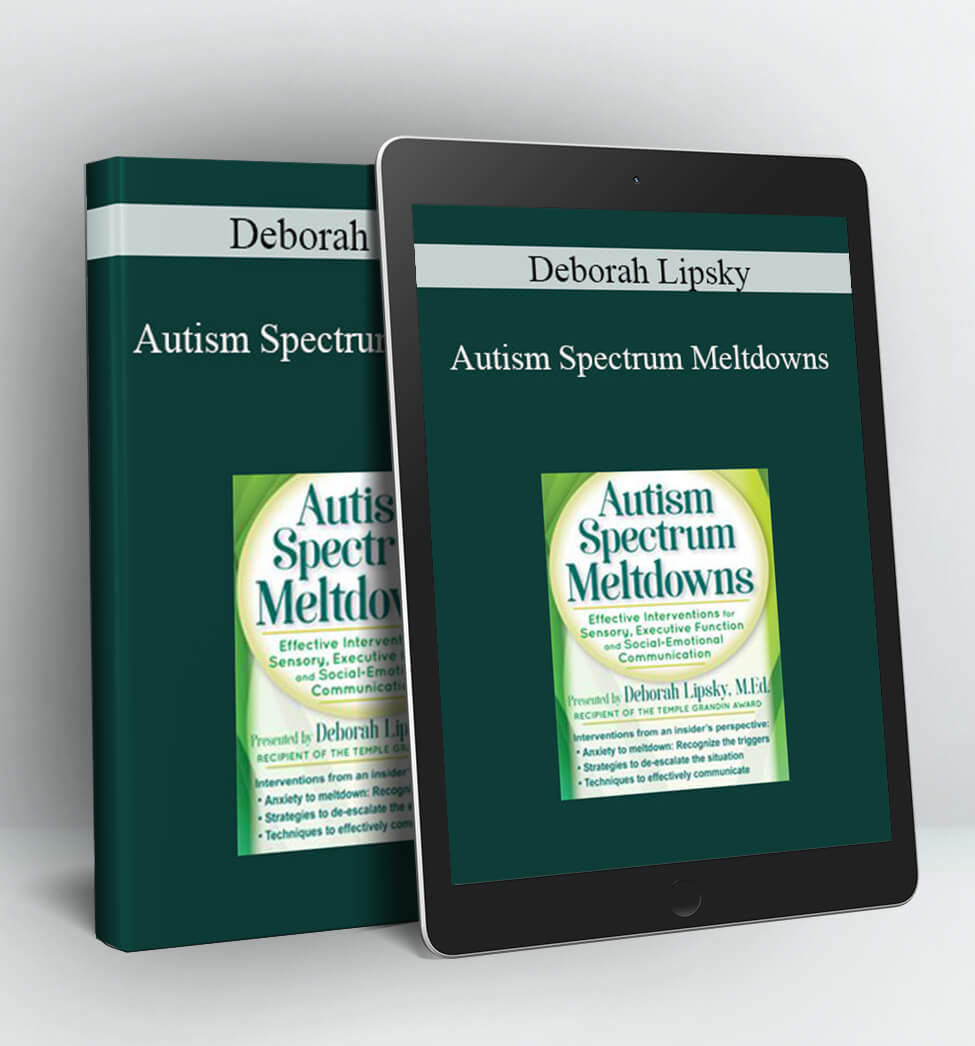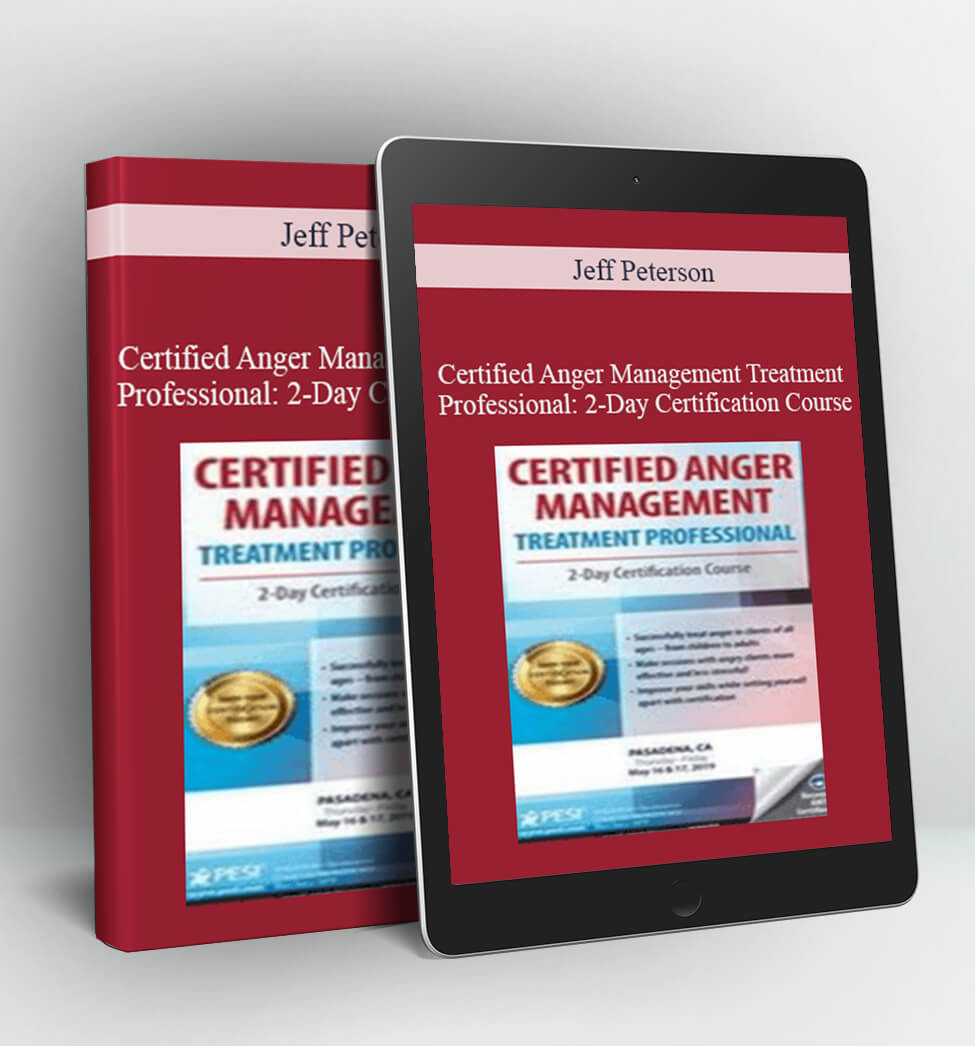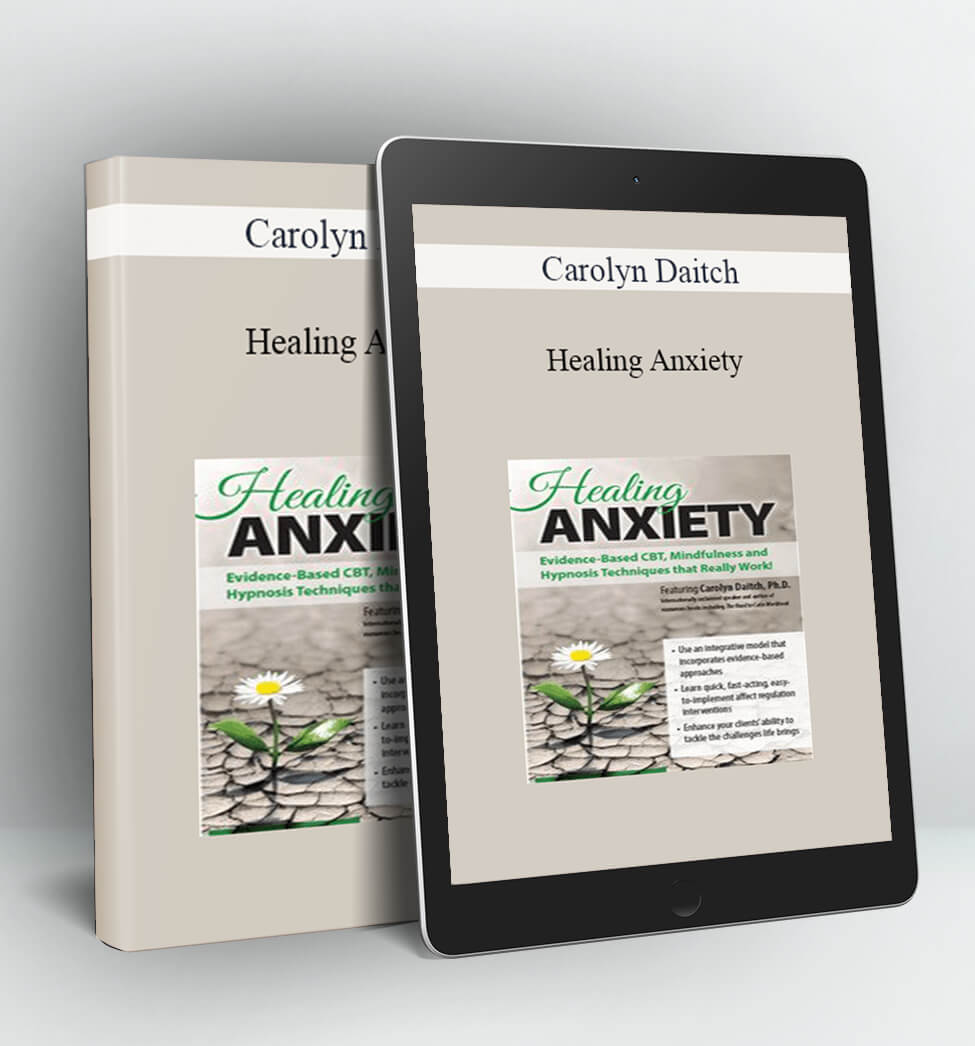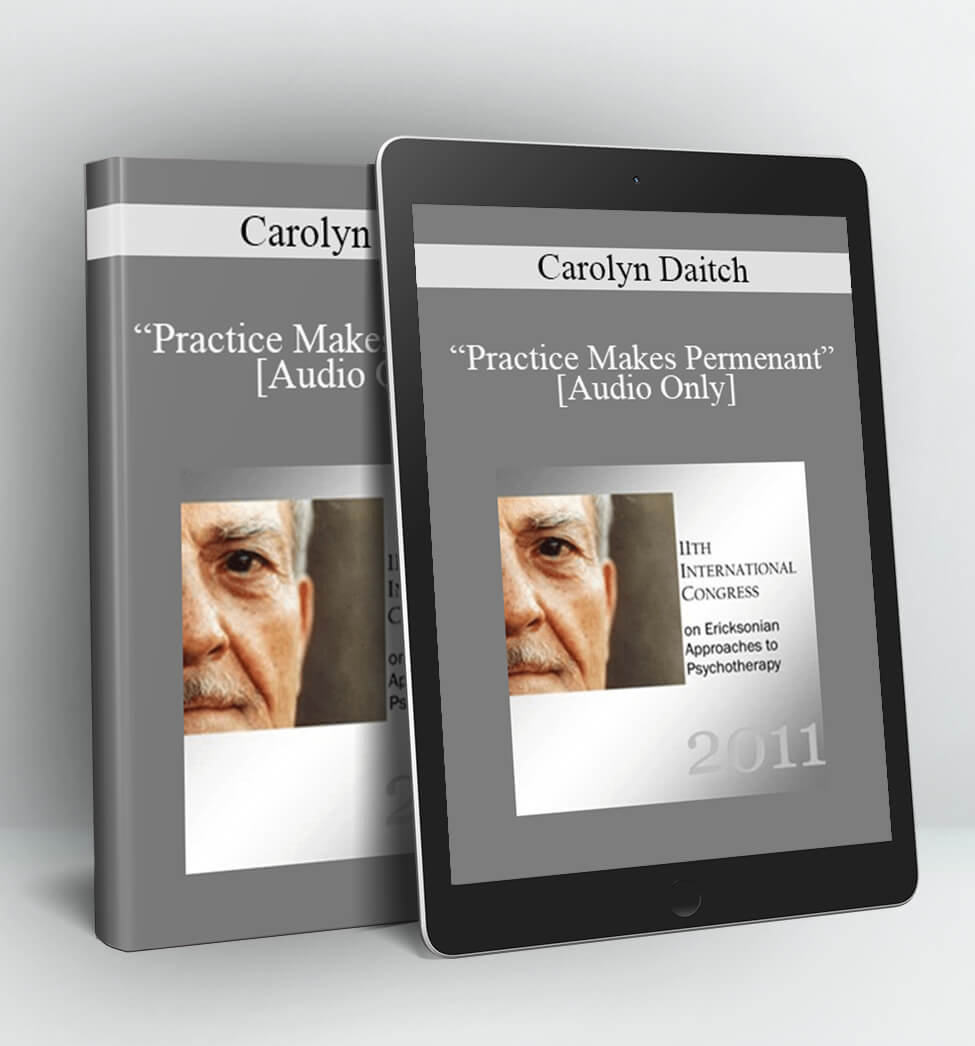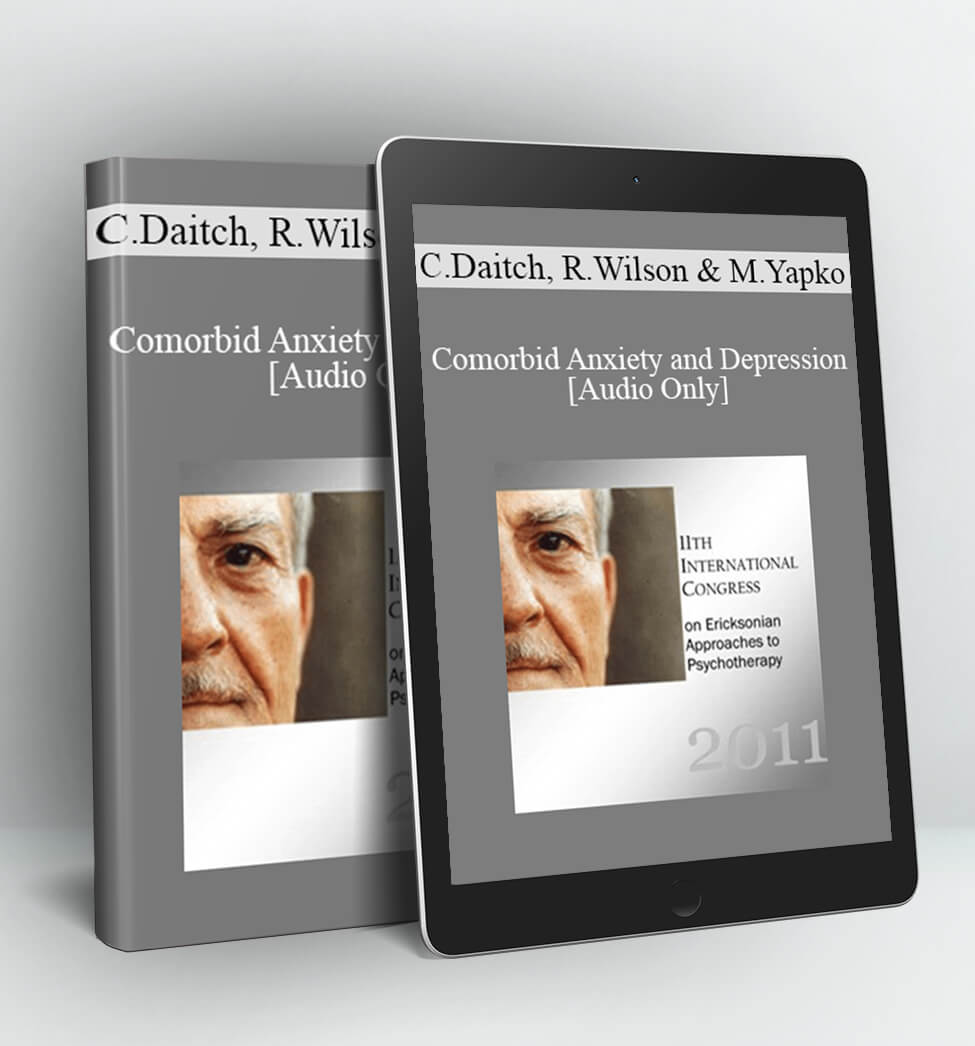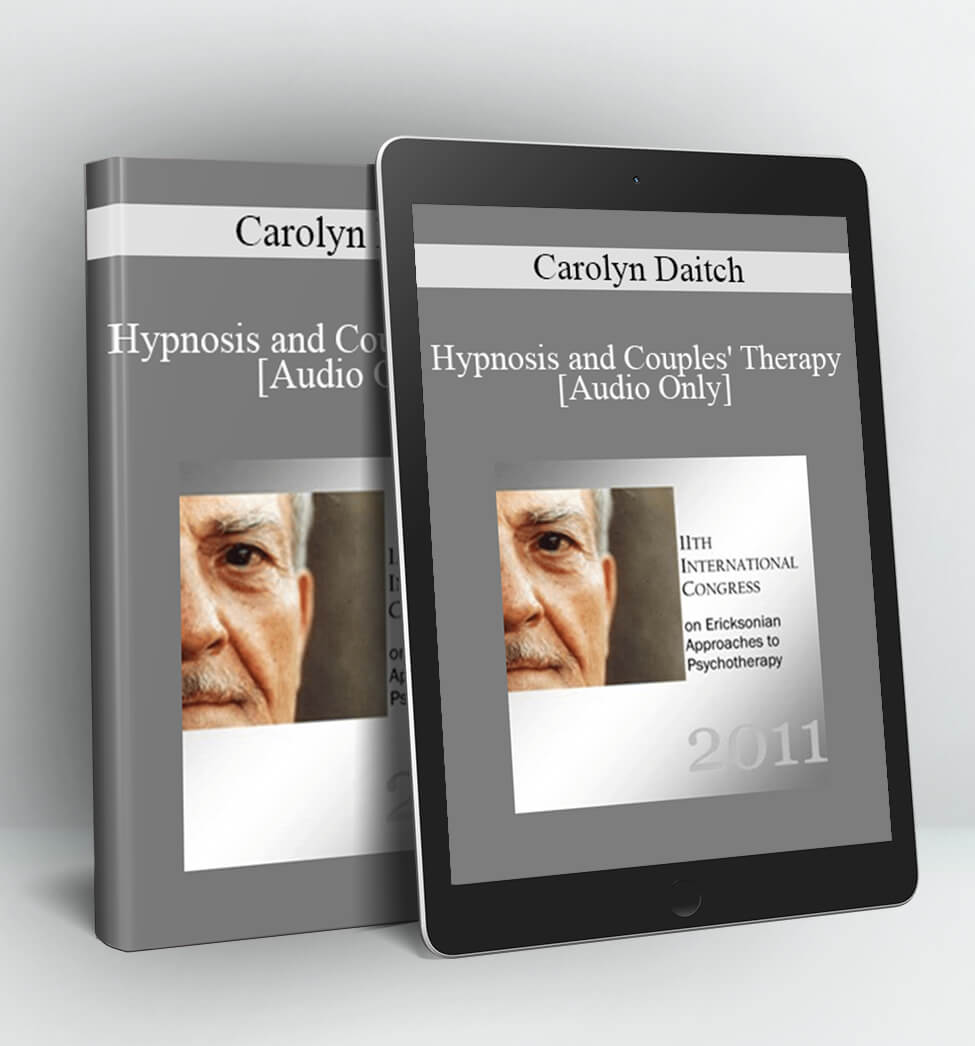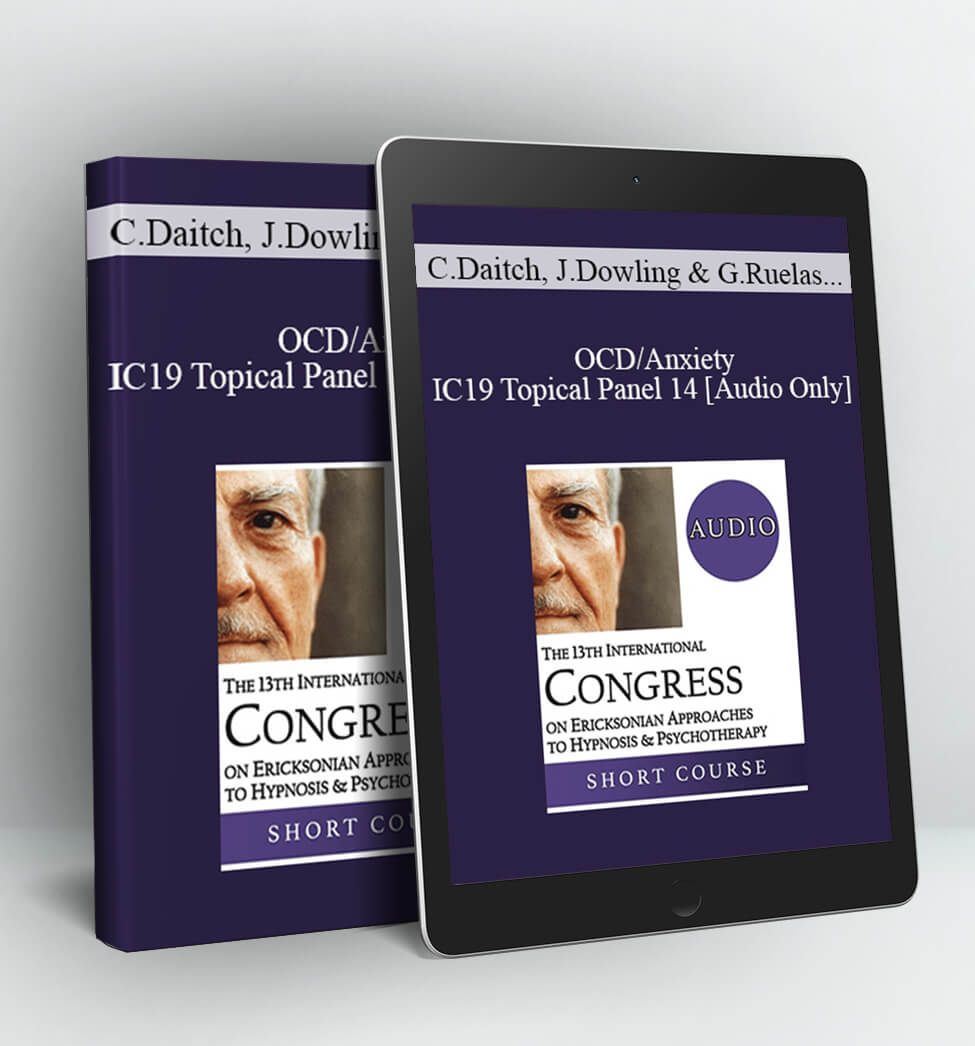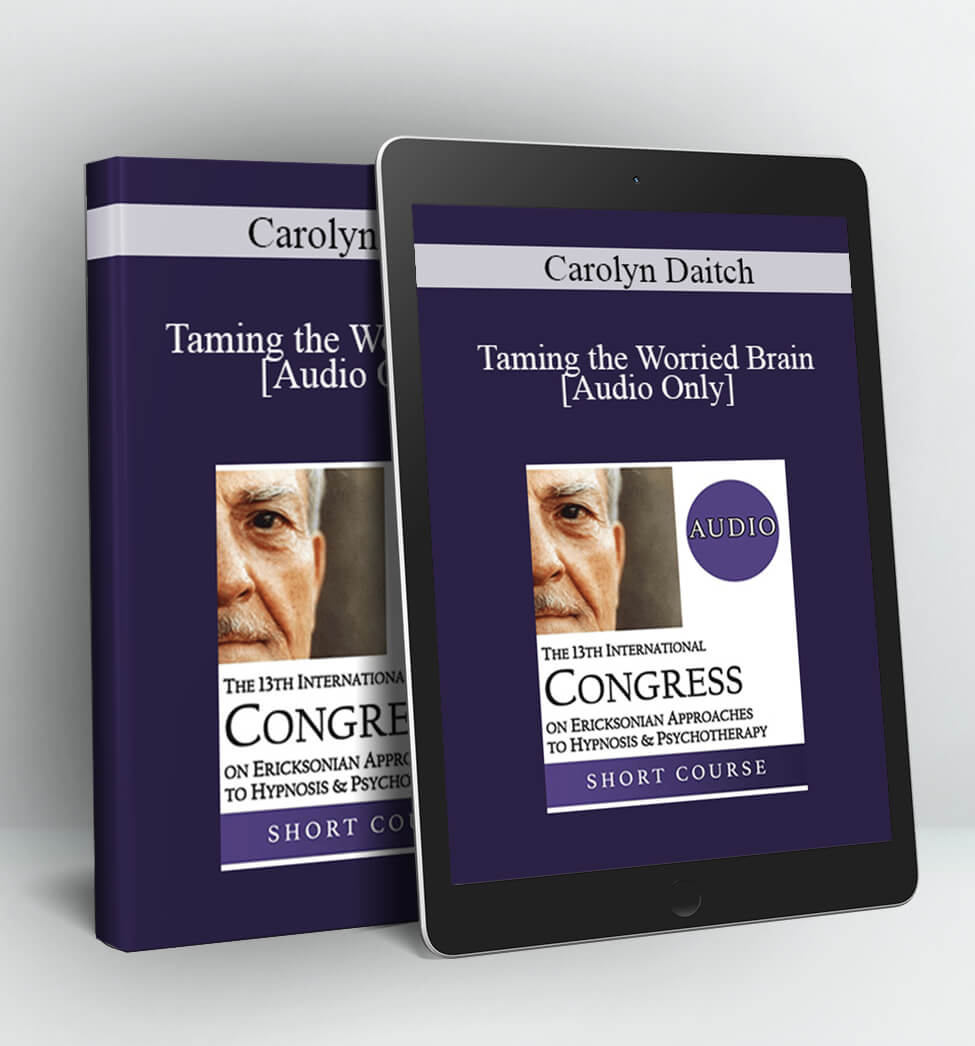Healing Anxiety: Evidence-Based CBT, Mindfulness and Hypnosis Techniques that Really Work! – Carolyn Daitch
- Use an integrative model that incorporates evidence-based approaches
- Learn quick, fast-acting, easy-to-implement affect regulation interventions
- Enhance your clients’ ability to tackle the challenges life brings
Anxiety destroys the normal enjoyment of life through the fear, worry, obsessive thinking and avoidant behavior that anxious people experience. Simple activities like going to the grocery store, taking a child to her first day of school, or meeting a friend for lunch trigger a barrage of frantic “what ifs.” This workshop explores the subtleties of working with this pervasive category of disorders and focuses on the effect that uncontrolled anxiety has on relationships. Carolyn Daitch, Ph.D., will introduce you to a powerful, integrative therapy model that combines:
- CBT
- Hypnosis
- Mindfulness
Using this integrative therapy model, you will learn practical interventions that are applicable to the treatment of panic, generalized anxiety disorder, phobias, social anxiety disorder and post-traumatic stress disorder. A unique feature of this presentation is the four-part protocol developed by Dr. Daitch that integrates mindfulness, behavioral and hypnotic principles. You will leave with a veritable toolbox of techniques that work together to help your clients feel more empowered when flooded with anxiety.
If you want to gain skills crafting the best treatment plan for each client’s individual needs, this workshop offers a springboard for your creativity and an invaluable addition to your therapeutic toolkit.
- Name the four inter-related components of anxiety.
- Articulate the role of mindfulness in the treatment of anxiety.
- Demonstrate a treatment protocol using CBT and hypnosis.
- Communicate two techniques for tolerating uncertainty.
- Identify two interventions that can help clients tolerate the physiological manifestations of panic.
- Discuss the sequence of treatment.
The Four Inter-related Components of Anxiety
- Physiological
- Affective
- Cognitive
- Behavioral
Strategies for Addressing and Managing Uncertainty
- Impact of uncertainty on anxiety
- Use of CBT, hypnosis, and mindfulness
- Quiet the mind
- Ease physical responses to anxiety
- Heighten present focus
- CBT to shift behaviors that maintain uncertainty
- Getting reassurance
- Double checking
- Information seeking
- Refusal to delegate
Set the Stage for Treatment
- Establish positive expectancy with hypnosis
- Communicate an individualized, flexible treatment plan
- Explain use and benefits of CBT, mindfulness and hypnosis
- Teach one self-soothing intervention
Sequence of Treatment
- Teach mindful awareness of early anxiety indicators
- Somatic
- Affective
- Cognitive
- Use of time-outs for self-soothing using CBT and hypnosis
- Establish a time and place
- Teach hypnotic inductions
- Techniques to re-set parasympathetic nervous system
- Hypnotic Interventions for use once calm
- Access the wise ego state
- Imaginary support circle
- Dialing down anxiety
- Juxtaposition of two thoughts and feelings
Applications to Specific Anxiety Disorders:
- Generalized anxiety disorder video case study
- Phobias
- Panic attacks
- Social anxiety disorder
- PTSD
PLEASE CHECK VIDEO OF ALL CONTENTS:

